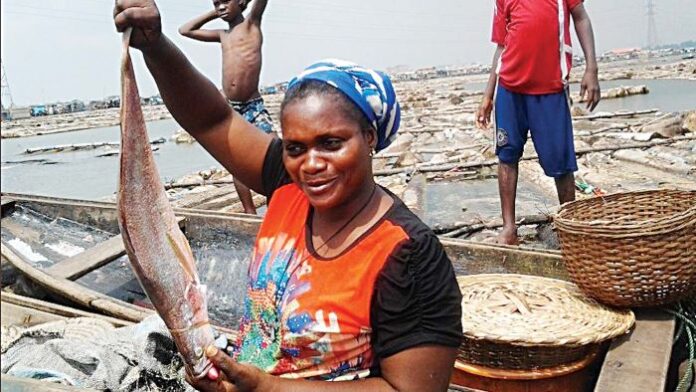Nigeria requires 3.2 million metric tonnes of fish every year to satisfy local demand, but currently produces only about 1.2 million metric tonnes, leaving a gap of 2 million metric tonnes filled by imports, the Food and Agriculture Organization (FAO) has revealed. This information was shared by Koffy Kouacou, FAO’s representative for Nigeria and West Africa, during the launch of the Scaling Fish Farming through Finance project at the Eriwe fish farming cluster in Ogun State.
Kouacou emphasized the urgent need to boost domestic fish production to reduce dependency on imports. He explained that supporting fish farmers with access to finance and technical help is key to closing this deficit. The FAO, in partnership with the Nigerian government, the EU delegation, GIZ, and financial institutions, aims to empower small and medium fish farming enterprises to increase output and improve food security.
The aquaculture sector in Nigeria has strong potential for economic growth and better nutrition. It provides livelihoods to many and contributes significantly to the protein supply. Globally, FAO promotes fisheries and aquaculture by sharing knowledge, training communities on improved techniques, and strengthening value chains to make production more efficient and accessible to markets.
This collaborative effort under the FAO-FISH4ACP project supports fish farming businesses by offering financing, market access, and technical assistance, paving the way for a sustainable rise in Nigeria’s fish production and helping meet the country’s large demand.

